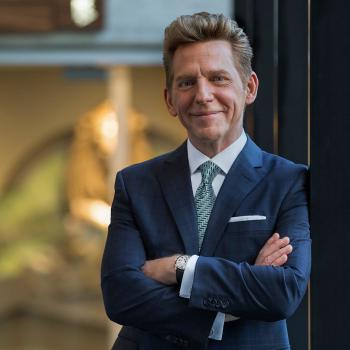In Scientology: a New Slant on Life, L. Ron Hubbard poses the question “Is it possible to be happy?”
I believe that question is even more pertinent today that it was some fifty years ago when he penned most of the essays that appear in this book.
A 2009 article in USA Today reflected on that estimate that some 10% of Americans — or 27 million people — were taking antidepressants in 2005, twice the number as in 1996.
This doesn’t count how many people drink or smoke weed to “be happy,” take cocaine, meth or other uppers for the same reason, or take narcotics like heroin to deaden the pain of their existence.
What Mr. Hubbard proposes in this essay is that it is, in fact, possible.
If religion is meant to answer such questions as “Who am I really?” “Where do I come from?” “Where an I going?” and “Why am I here?” and if one could gain an understanding and certainty of these factors through study of their religion, as one can in Scientology, and if one could gain this certainty not by having another or others tell him or her what to think by gaining his own personal perspective on these subjects, then would people need to seek a chemical happiness or relief? I think not.








